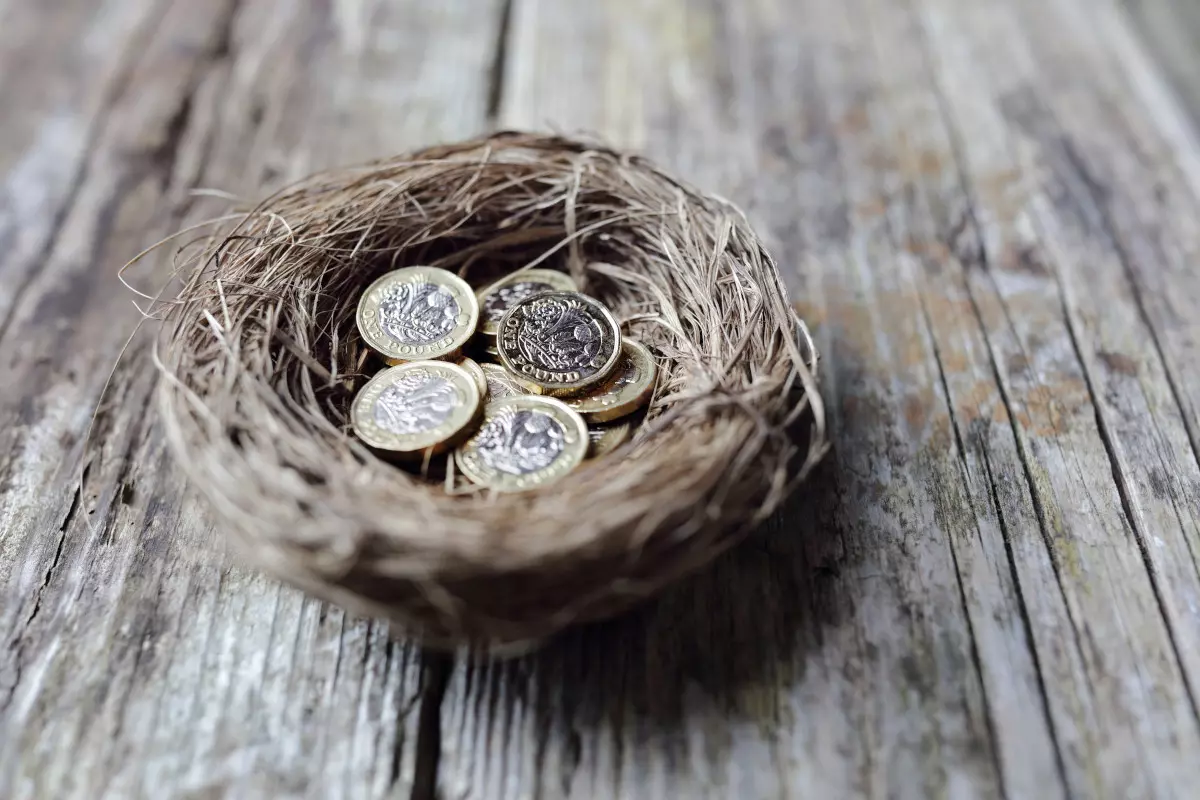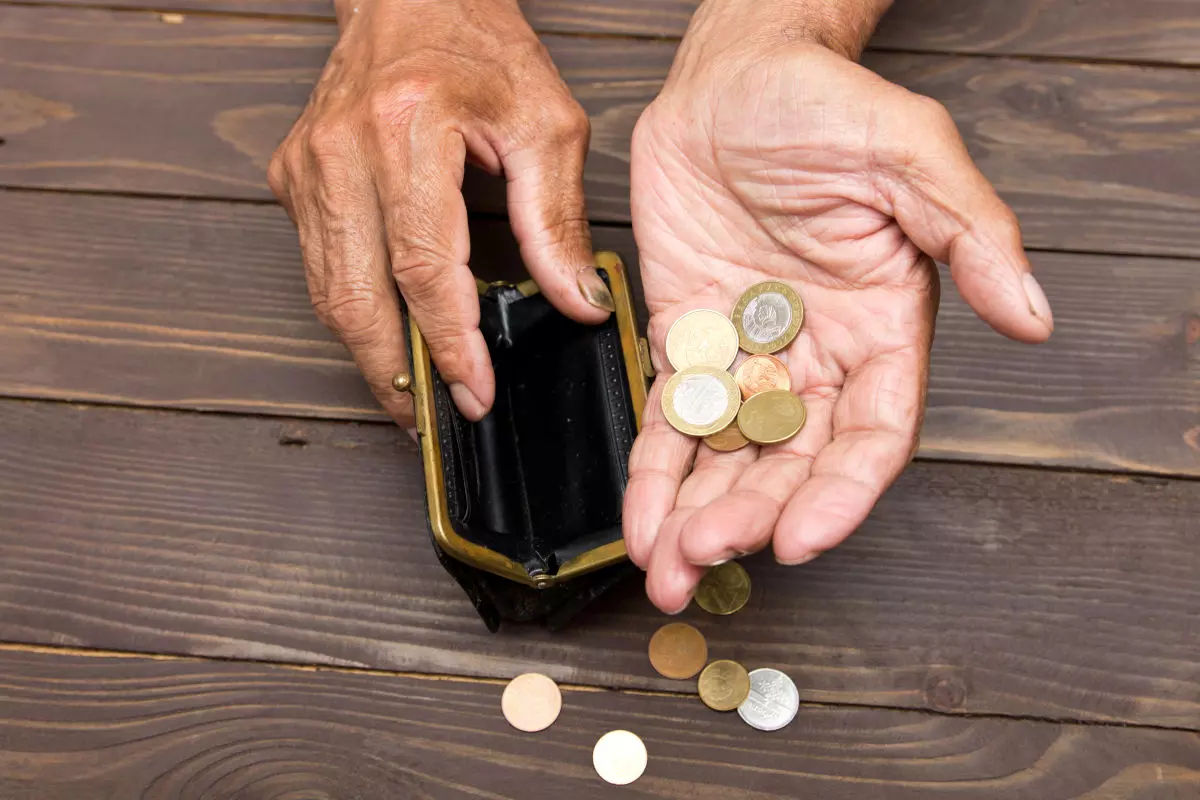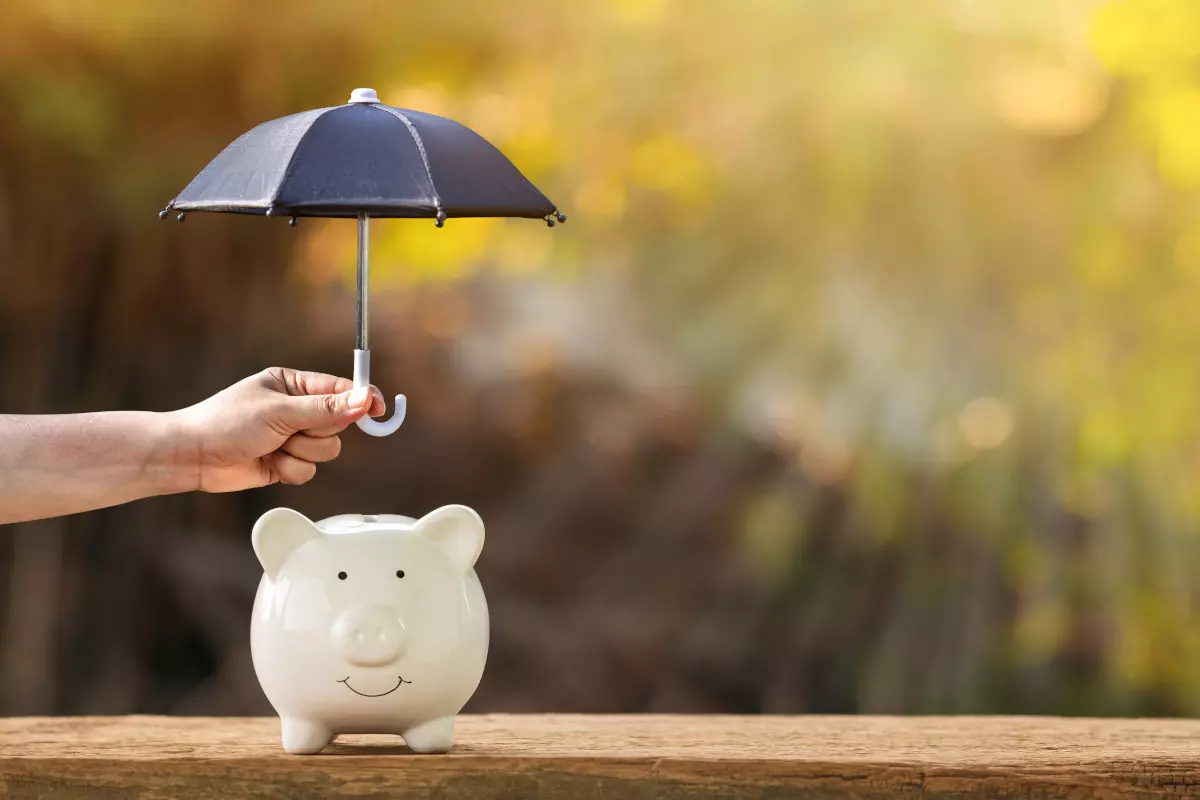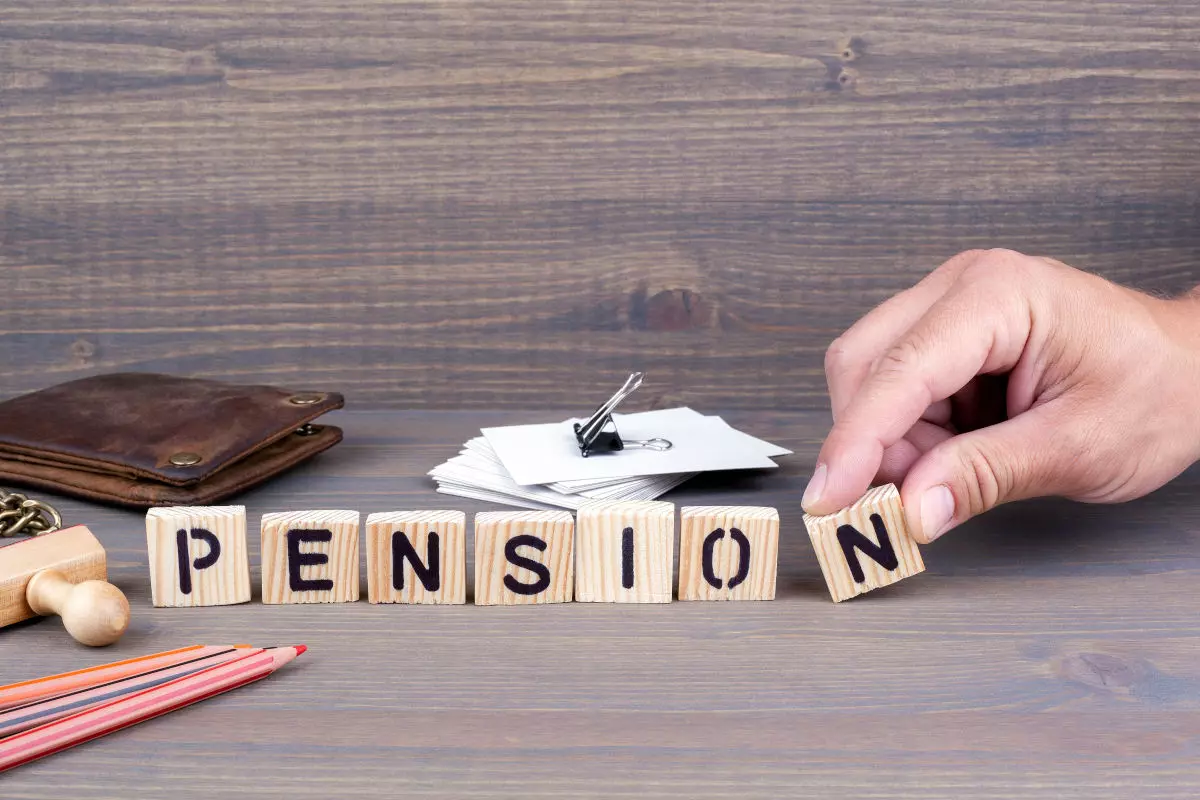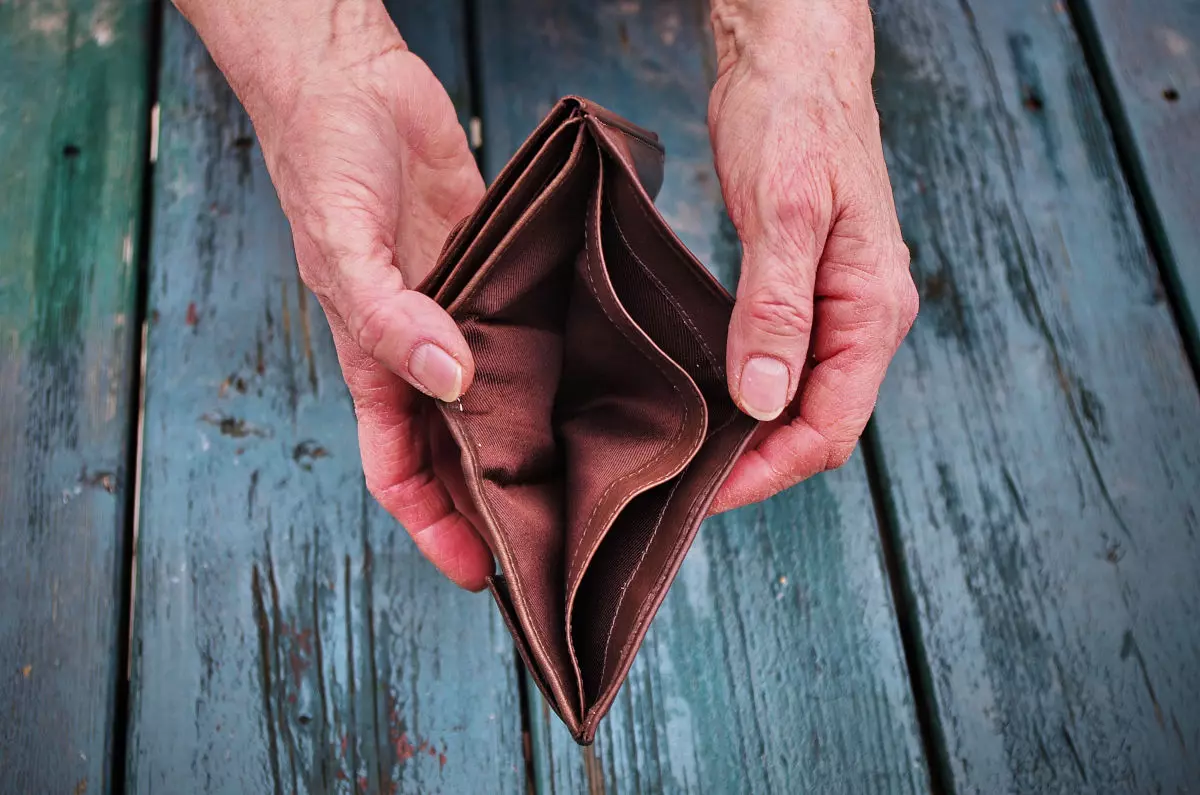It is never too early or late to think about your future. Retirement may seem far away, but it is important to start saving as soon as possible so you can live comfortably in the future. Ideally, you should start setting aside funds for retirement in your 20s. The sooner you start, the more opportunities your money has to grow.
This blog answers many of your most important questions regarding retirement savings, including how much money is needed to retire and what is the average UK pension pot. Keep reading to find out more.
How Much Should You Save for Retirement
The amount of money that each person needs for retirement depends on how lavishly each individual wants to spend it. It also depends on whether a person is single or if the retirement funds are for a couple. A comfortable retirement income in the UK also varies on when you plan to retire. The earlier you plan to stop working, the more money you will need in your savings.
To help you get started with retirement savings, we’ve outlined some pertinent information regarding how to save for retirement.
How Much Does an Individual Need to Retire?
An individual needs around £19,000 annually to retire comfortably. The average life expectancy in the UK. is 81 years old. Assuming the individual lives to around 81 years old and retires at 65 years old, this would mean they would need a total of £304,000 in their pension pot. Additional income from other sources can add to this pot, creating an even more comfortable retirement income in the UK. If an individual were to live off essentials only, they would need £13,000 annually or a total of £208,000 in their pension pot. If an individual were to live in luxury, they would need £31,000 per year or a total of £496,000. That means the average savings by age 60 in the U.K. would need to be close to £400,000.
How Much Does A Couple Need to Retire?
On average, UK couples need around £26,000 annually to retire comfortably. If a couple were to retire at the age of 65 years old, they would need a total of £416,000 in their pension pot or in some sort of additional income. If a couple were to live off essentials only, together they would need £18,000 per year. This comes up to a total of £288,000. If a couple wanted to live in luxury, such as going on vacation, eating out, and shopping frequently, they would need to save at least £41,000. The total needed would come out to be at least £656,000.
To get a better idea of how much you need to live on in retirement, you may need to look at how much the average retiree spends.
Average Spending in Retirement
Typically, a retired household spends about £12,968.80 each year.
Living off essentials would include basic necessities such as groceries, housing payments such as rent, all types of insurances, transportation, gas, water, and utilities, household products, health, and purchasing new clothes.
Living comfortably includes added expenses such as traveling or going to places on holiday, recreation and leisure activities, and donating to charity or giving gifts, and alcohol.
Living in luxury includes even more expenses like vacations to more exotic places, longer vacations, membership to places like country clubs or gyms, and expensive dining options.
In the event that you do not reach your goal in retirement money and you need to finance something, there are many resources available to help you. You can apply for an online payday loan. It is important to note that you will be required to pay back these loans, so do your research and only request what you can afford to pay back. These loans can help you finance a purchase that you need right away.
Plan Your Finances
The earlier you have a plan and start saving, the more money you will accumulate over the years until you reach the optimal retirement age. It is also easier to start early so you do not have to take out bigger chunks of your paycheck.
An easy way to start saving for retirement is to open a savings account. Each time you receive your paycheck, allocate a certain amount of money to your savings account. This is for your retirement, so try not to touch the funds. Try to make a routine of doing this. Before you know it, you will have accumulated enough funds to retire comfortably.
If you are ever in an emergency and need extra cash quickly, try not to touch your retirement account. It should not be looked at as an emergency stash of money and should only be used when you retire unless it is a life-threatening emergency or you cannot access any other form of cash. If this emergency needs more cash than you have, you can apply for a high acceptance loan. This can help you in your time of need. You will need to pay this loan off, so it is important that you know the consequences of not paying it back on time and only borrow if you can pay it back.
How Much is a Good Pension?
On average, individuals receive around £179.60 per week in state pension. To find out how much money you are qualified to receive, you can check by using a pension calculator.
A good pension is 10 times your average salary. For example, for salaries of £60,000, they should have a pension pot of £600,000. If instead, you want to save by paycheck, you should save around 12.5% of your paycheck. A good pension for couples is around £47,500 per year, and for single individuals, they would need around £33,000 annually.
Salary pensions are valuable when it comes to retirement savings. A defined benefit pension is one that pays you an amount of your income in retirement. Many factors come into play when you receive the amount of income, such as your salary when you retire. This can be easier to deal with since your employer must make sure there is enough money in the pot when you retire.
There are also money purchase pensions where you invest your money in a contribution. When it comes to retirement, you can choose whether you would like to take out all your money in one sitting or have a portion of it withdrawn into your banking account.
Other Income Sources
If you have other sources of income, it can add to your retirement income. This could come from something such as rent from real estate. If you have real estate that has tenants paying rent, the money you receive from your tenants can boost your retirement funds.
Another income source is money you have saved up throughout the years in a savings account. This is additional income that is added to your retirement funds. If you have investments such as stocks, ETFs, index funds, or bonds, the money you have made over the years can go a long way during retirement.
Another source of income can include royalties from writing books, writing lyrics, or anything you have licensed, trademarked, patented, or copyrighted.
During retirement, if you are bored, you might want to pick up part-time work such as babysitting or house sitting. The money you make partaking in these part-time jobs can help you live more comfortably during retirement, and you will not have to rely as much on your pension.
Create a Retirement Plan
To start saving for your future, create a plan. This includes planning your finances for the future, even before retirement. If you are unsure about what you are going to spend in the future, estimating and guessing an amount works just as well. However, in this situation, it is better to overestimate than to underestimate. If this is not your forte, you can also plan how much money you will take out of your paycheck for retirement instead. This may be easier for most since you can just open a savings account and put in money every time you get paid or every year.
What Happens When You Do Not Meet Your Goals?
If you fall short on the amount of retirement funds needed to retire, there are a few options for you:
- Retire later (many say the best age to retire in the U.K. is 66, which might be why it’s also the most popular)
- Spend less money, shop for deals, and try cheaper options
- Save more each paycheck or each year
You can also try to put your money in higher-risk investments. This may bring you higher returns and generate more revenue for you. However, just as quickly as you can see again, you can also lose a lot of money or even all your money. This option is not suitable for everyone, and if you do choose to proceed, take caution and do your best to research thoroughly.
With many things skyrocketing in price, it is crucial to save anywhere you can. While shopping, ask yourself if you need it before you buy it. Another tip you can try is to allocate a pound a day toward each purchase. That means a camera costing £349.49 would need to get at least 350 days of use. If you think you will use it for that amount of time, purchase it since it will be worth it. If not, consider buying a cheaper alternative or think about the purchase for a couple of days. If you are still thinking about it by then, go for it and try to get the most out of it. With the money that you save by not spending, consider putting it into your retirement funds for the future.
Understanding Annuity
As a safety precaution, after retirement, you can purchase annuity, an insurance policy that pays you a fixed income for a set number of years. This is a taxed income and similar to an employment income. There are factors that calculate how much annuity you will receive, such as how much money you have in your pension pot at the time of purchasing the annuity, your health conditions, and if you want the income to increase as the years go on. This is a very secure option, and a steady income is guaranteed. If you choose this option, 25% of the pot can be taken out tax-free, and the other 75% is taxed. It is important to do your research or speak to a financial advisor before committing to this option.
Using a Pension Drawdown
Another option is pension drawdown. The money you have in your pension pot is invested, and the benefit is that you will be able to take out the money as you need it. This is a flexible option for those that may need money at any given point in time. While this could be a good thing, this may be a poor choice for those who have no restraint. Consistently taking money out of your pension pot means there will be less money for retirement.
There is also a risk that your investments might decrease in value. If there is a time you need to pull money out immediately, and your invested pension is at an all-time low, you would have to come to terms with the loss of money. Income drawdown is also taxed as you take funds out.
Whilst comparing annuity and drawdown, ask yourself what you want from your retirement. There can be many different reasons for opting for either of these options, such as wanting a steady income during retirement. Income annuity is better in situations where individuals live longer because this is a consistent, risk-free, and steady income. While pension drawdown is invested, your money might have some potential growth, so that could be both a benefit and a drawback at the same time.
All in all, it is best to start saving for retirement as soon as you can, maybe even after reading this article. There are many options, so it is important to find the right one that works for you. Saving for your future can be tedious, but starting earlier will create a smoother process for you so you can live your retirement the way you want to.
